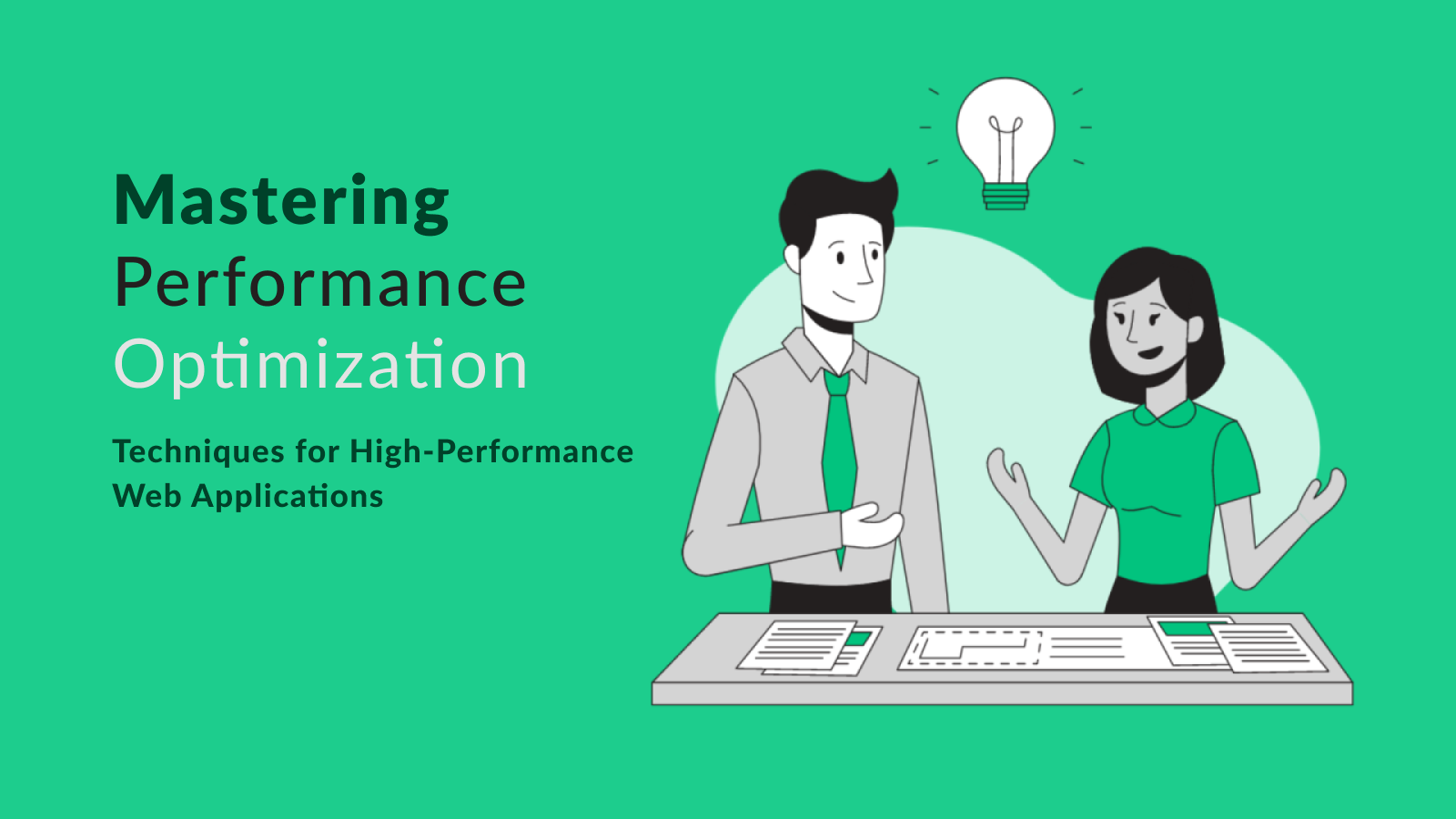Tube Rank: Your Guide to Video Success
Discover tips and insights for optimizing your video presence.
Zooming Through the Web: Secrets to Lightning-Fast Load Times
Unlock the secrets to lightning-fast web load times and supercharge your online experience! Discover tips that drive traffic and boost engagement!
5 Essential Techniques to Optimize Your Website's Load Speed
Optimizing your website's load speed is crucial for enhancing user experience and improving SEO rankings. Here are 5 essential techniques to achieve this:
- Enable Compression: Use Gzip compression to reduce the size of your website files, allowing them to load faster.
- Optimize Images: Ensure that images are in the correct format and size. Tools like ImageOptim can help compress image sizes without losing quality.
- Minify CSS, JavaScript, and HTML: By removing unnecessary characters from your code, you can improve load speed significantly.
In addition to the techniques mentioned above, consider these final two strategies to further boost your website's performance:
- Utilize a Content Delivery Network (CDN): A CDN can distribute your traffic across multiple servers, decreasing loading times for users around the world.
- Reduce Server Response Time: Choose a reliable hosting service and optimize your database to minimize delays caused by server response times.
Implementing these essential techniques will not only improve your loading speed but also enhance your overall website performance.

Common Mistakes That Slow Down Your Website (And How to Fix Them)
One of the common mistakes that slow down your website is having unoptimized images. Large image files can significantly increase load times, which can frustrate users and lead to higher bounce rates. To fix this, consider using image compression tools or choosing the right format (like JPEG for photographs and PNG for graphics with transparency). Additionally, implementing lazy loading can boost performance by only loading images as users scroll down the page.
Another significant factor is the use of excessive plugins, particularly on WordPress sites. Each plugin adds additional code and requests to your website, which can severely impact speed. To address this issue, regularly audit your plugins and remove any that are unnecessary or redundant. Additionally, look for lightweight alternatives that accomplish the same functionality without the added bloat.
How Does Page Loading Speed Impact Your SEO and User Experience?
The loading speed of your website is a crucial factor that impacts both your SEO and user experience. Search engines like Google prioritize fast-loading websites in their rankings, meaning that if your site takes too long to load, it may be penalized in search results. In fact, studies show that a delay of even a few seconds can lead to higher bounce rates, as users are likely to abandon a page that takes too long to display. As such, optimizing your website's loading speed can lead to better visibility in search results, making it essential for any business aiming for online success.
Beyond SEO implications, page loading speed directly affects user experience. A website that loads quickly creates a positive environment for users, encouraging them to stay longer and engage with your content. Conversely, slow-loading pages can frustrate visitors, potentially leading to a loss of conversions and customer loyalty. To enhance both your search engine standings and user satisfaction, consider implementing strategies such as image optimization, leveraging browser caching, and reducing server response time.